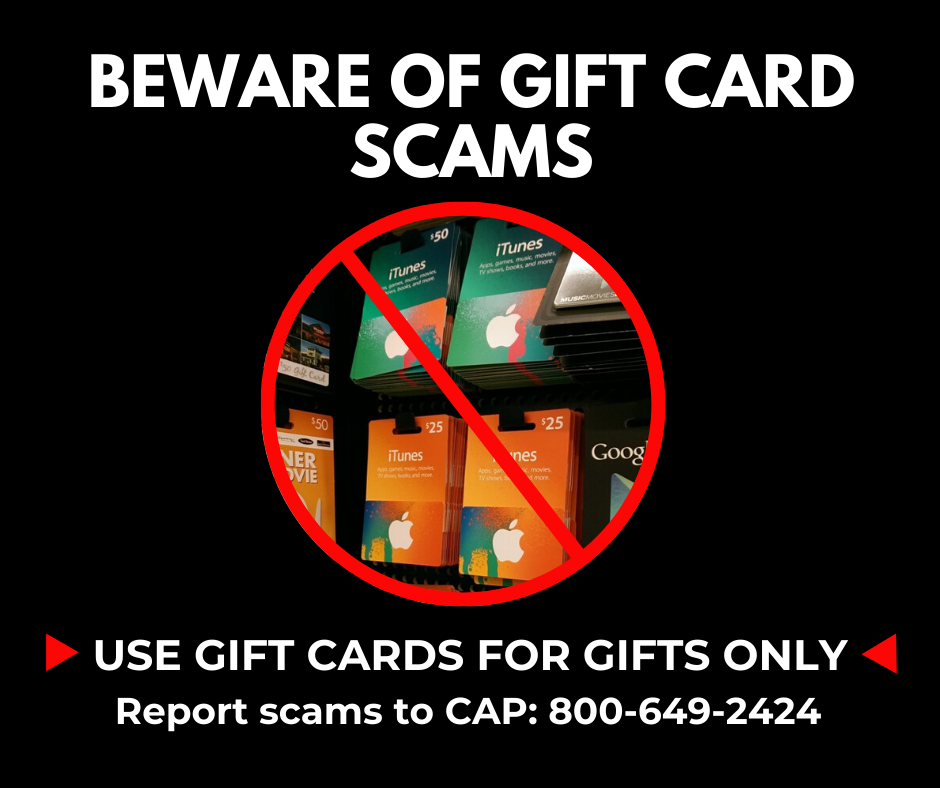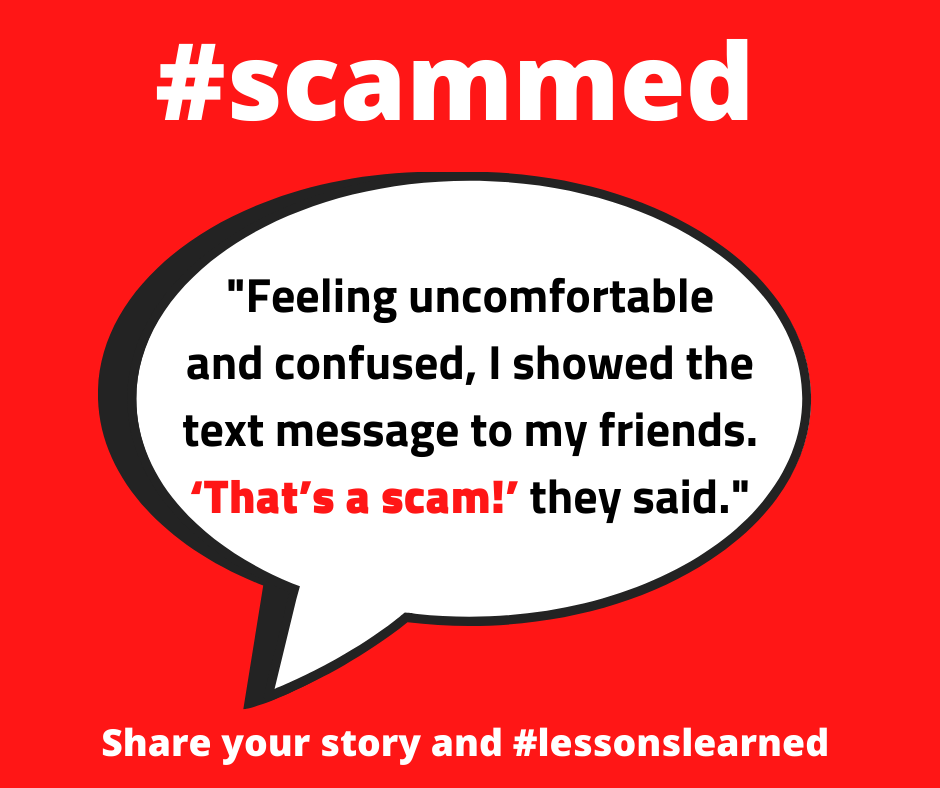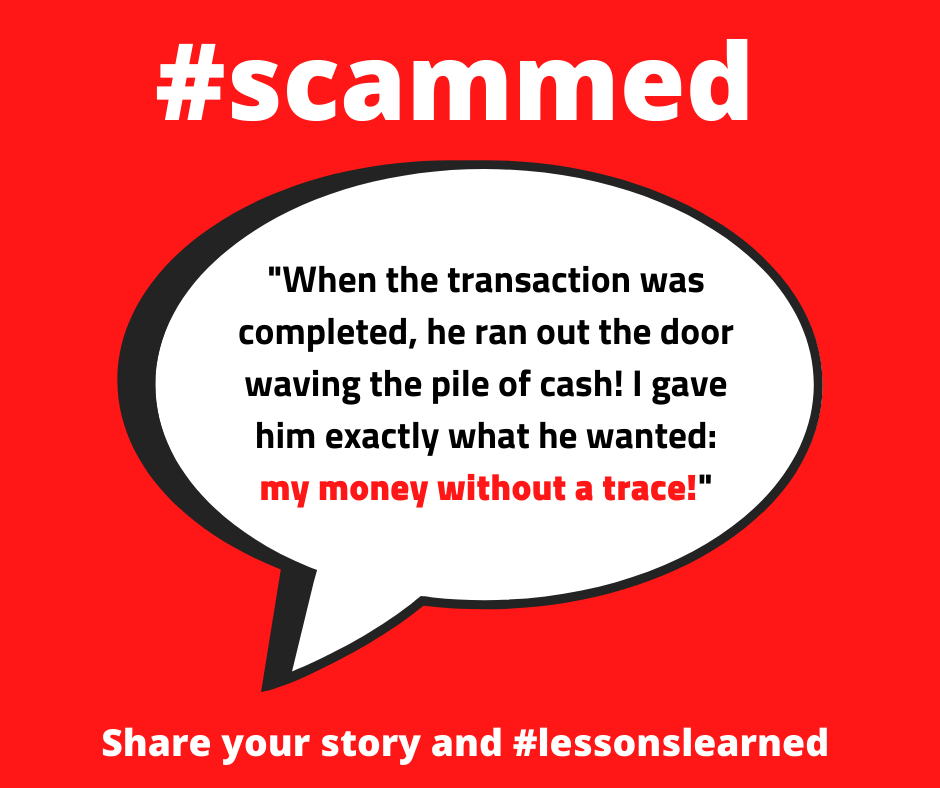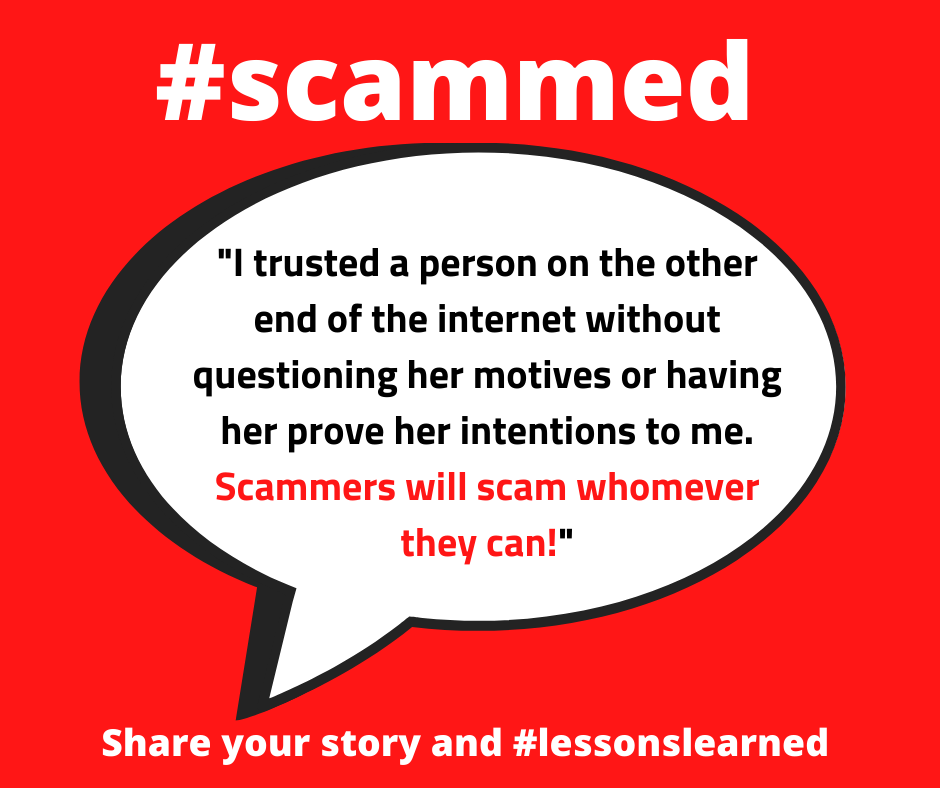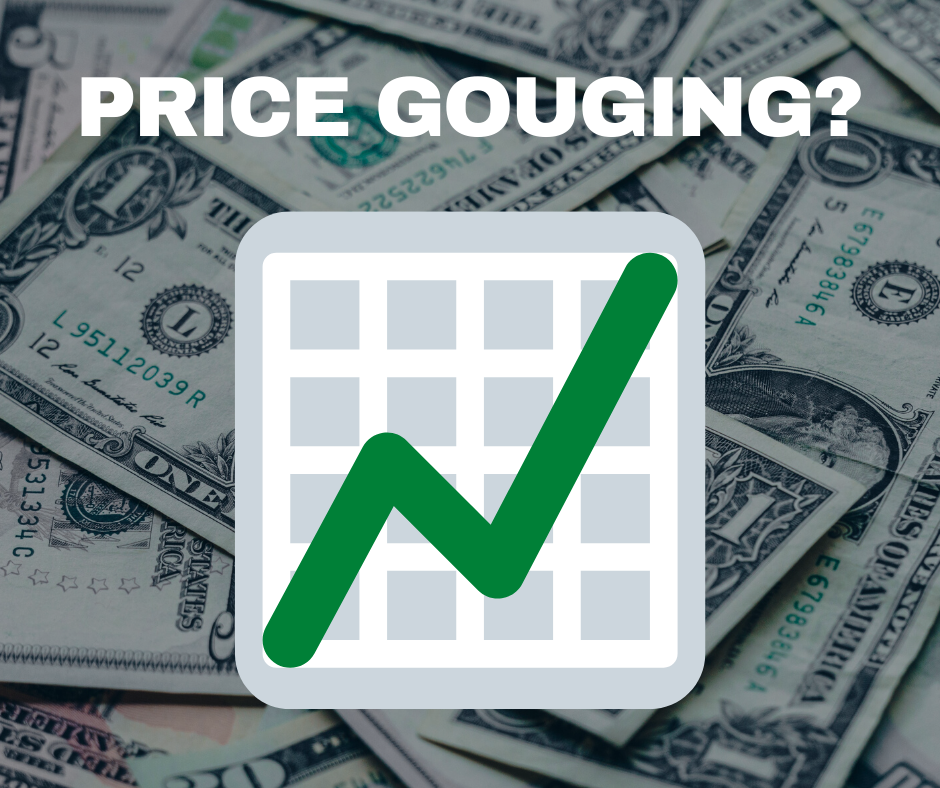
When I went to the pharmacy today, there was a handwritten sign on the entrance, “No more hand sanitizer and face masks.” Like many of you, my email inbox has been flooded with precautionary warnings of the COVID-19 virus and advice as to what people can do to stay healthy. With very few reports of the virus in Vermont as of today, the sign at the pharmacy was confirmation to me that Vermonters are worried; so worried that my fellow neighbors bought the pharmacy’s entire stock of hand sanitizer and face masks.
I wasn’t shopping for hand sanitizer and face masks today, but if I were, I might have ventured down the road to the next pharmacy. The question on my mind now is, if the next pharmacy had stock, how much would the products cost? I’ve seen news reports of stores in other states charging $130 for an average bottle of hand sanitizer. Last I checked locally, before COVID-19 virus news, hand sanitizer cost between $3 and $7 depending on brand and price. Going from $7 to $130 is about a 1800% increase. To me, such an increase is considered price gouging. Generally, price gouging is when sellers unfairly hike prices of essential consumer goods and services during an emergency or disaster.
Many states have very specific regulations about price gouging, identifying price increases of more than 10% over the cost of the item as gouging. Vermont has a price gouging statute specifically referencing the prohibition of gouging on the price of petroleum products and heating fuel products once a market emergency has been declared by the Governor (9 V.S.A. § 2461d). As of today, such a declaration has not been made, and the Consumer Assistance Program has heard only one complaint about fuel cost increases due to COVID-19. In addition to this statute, price gouging in Vermont may be considered unfair and deceptive. Vermont’s consumer protection statute informs that “unfair methods of competition in commerce and unfair deceptive acts or practices in commerce” are unlawful. Businesses setting unconscionable prices on essential items during a crisis, such as a price increase of 18 times the typical retail value as in my example above, could be in violation of the Consumer Protection Act, 9 V.S.A. §§ 2451 et seq.
If you have noticed steep price increases of essential items and related services at specific businesses following the alert of the COVID-19 virus, file a complaint with the Consumer Assistance Program by calling 800-649-2424 or visiting ago.vermont.gov/cap.
Other resources:
Centers for Disease Control and Prevention COVID-19 virus resources
Vermont Department of Health COVID-19 virus updates
Contributing Writer: Crystal Baldwin

